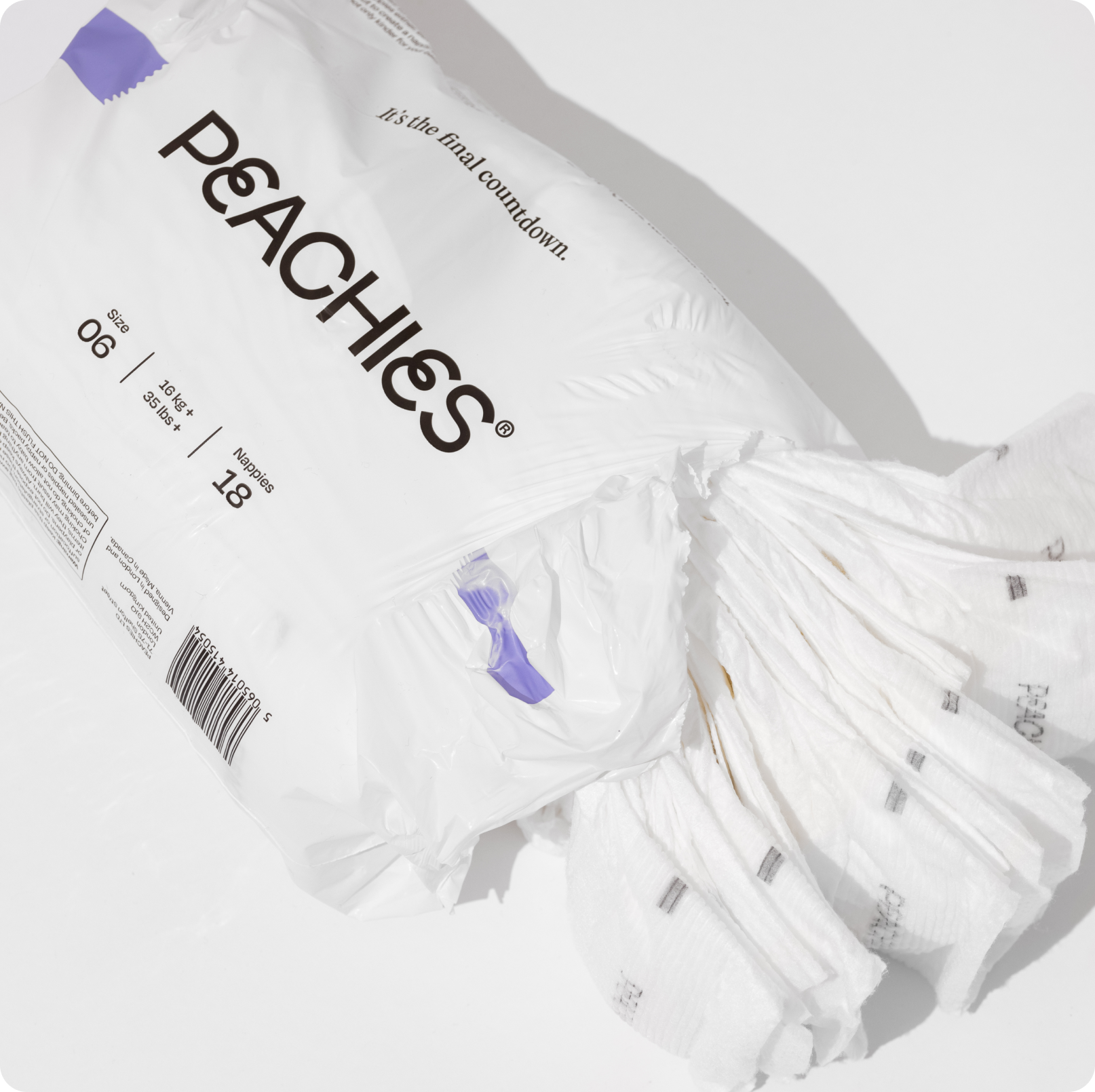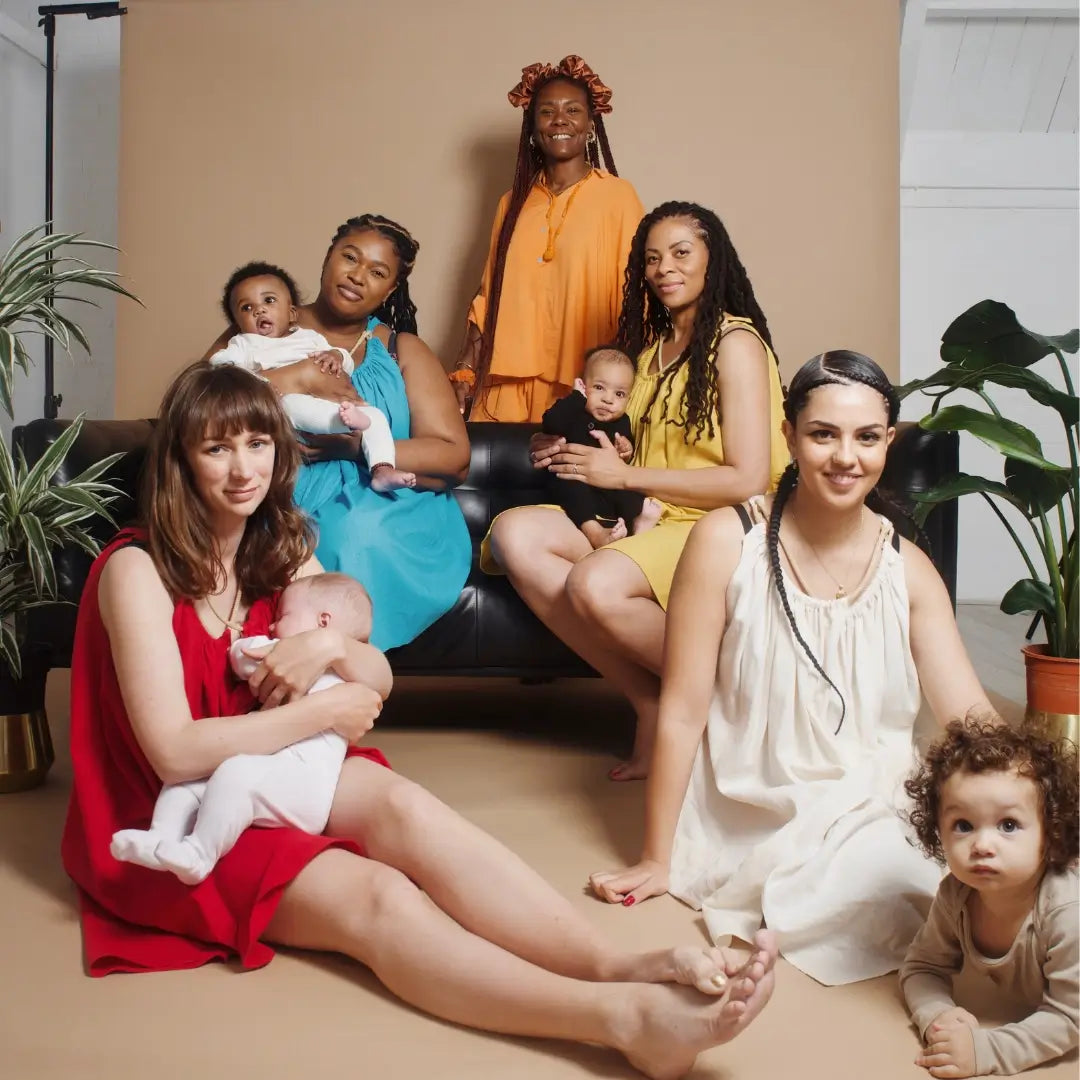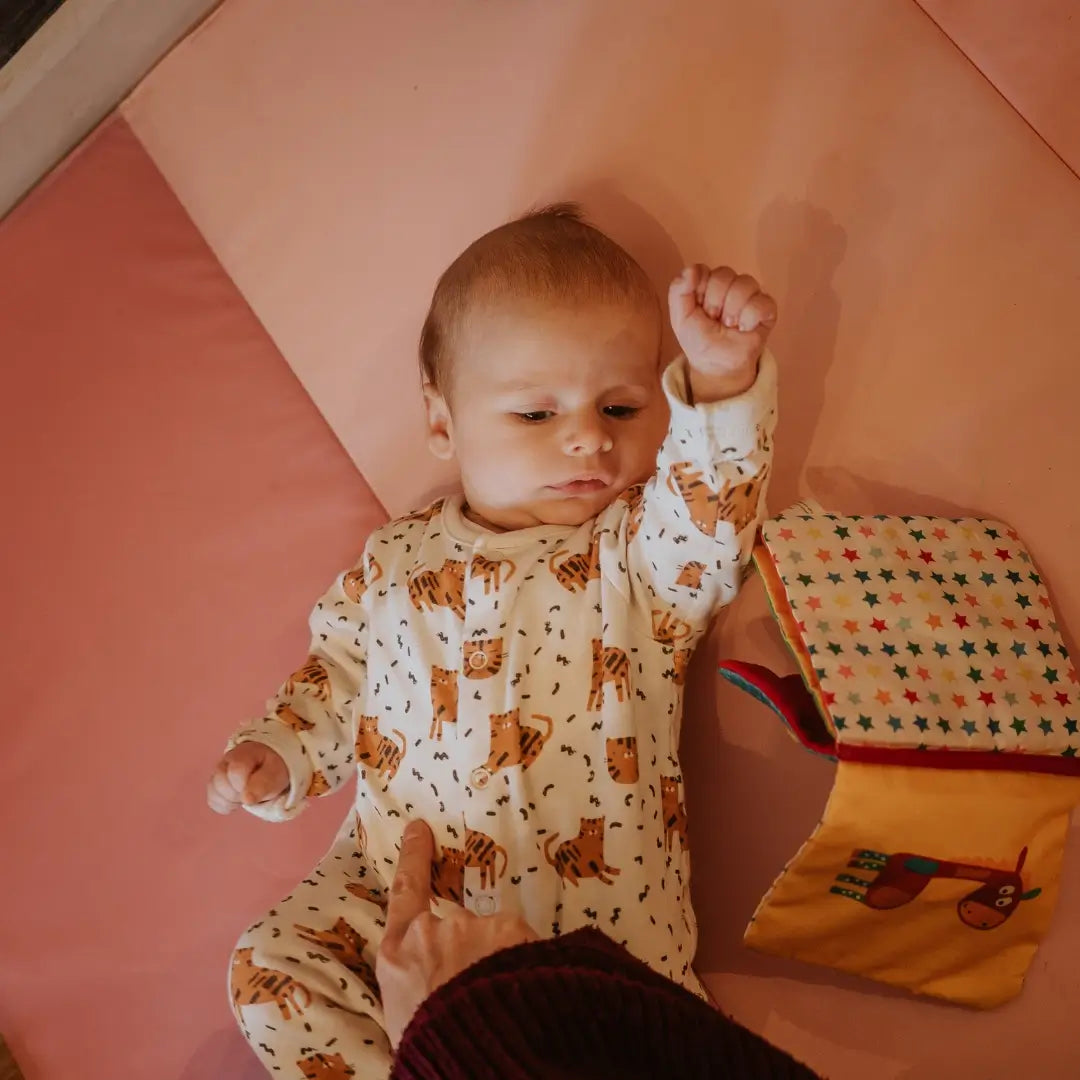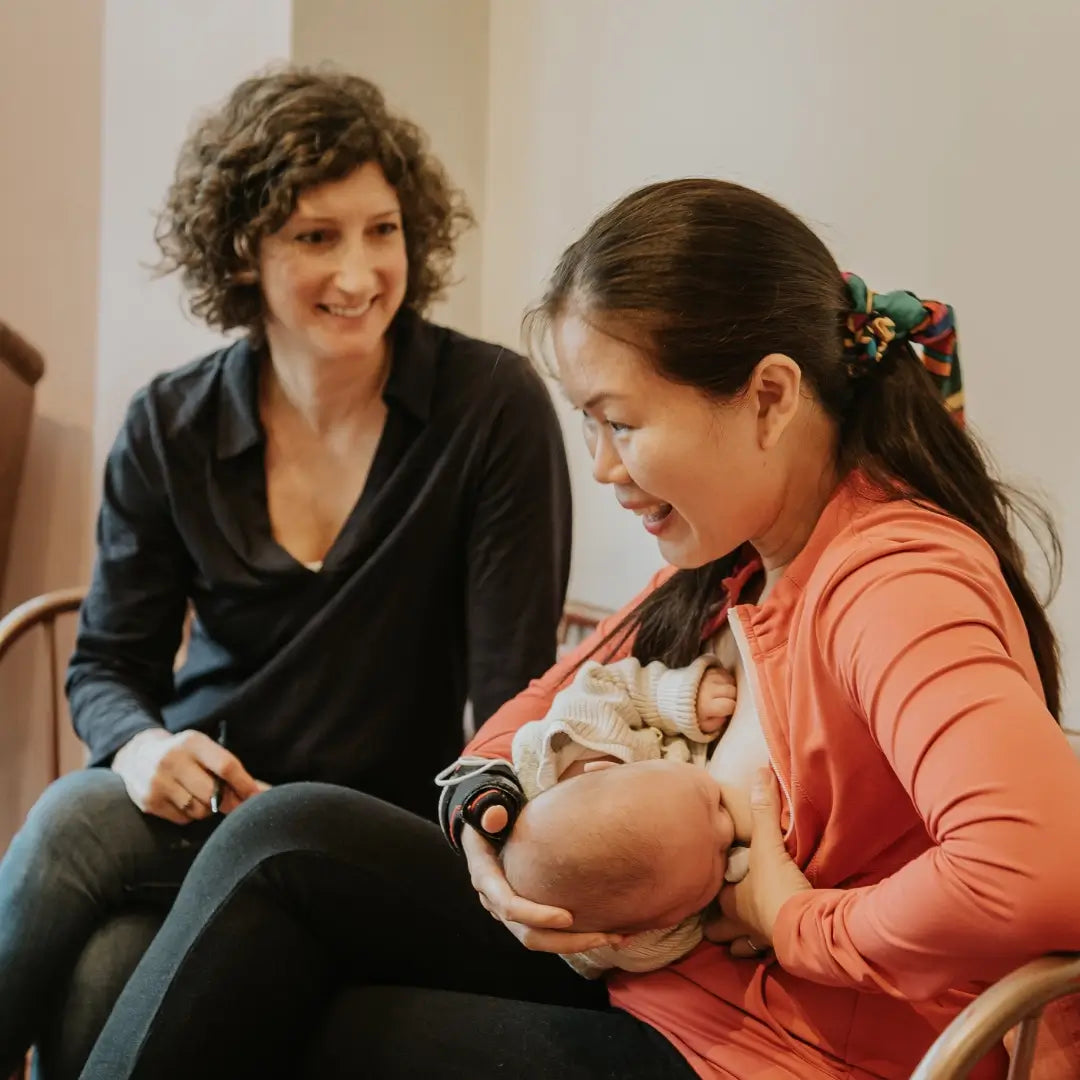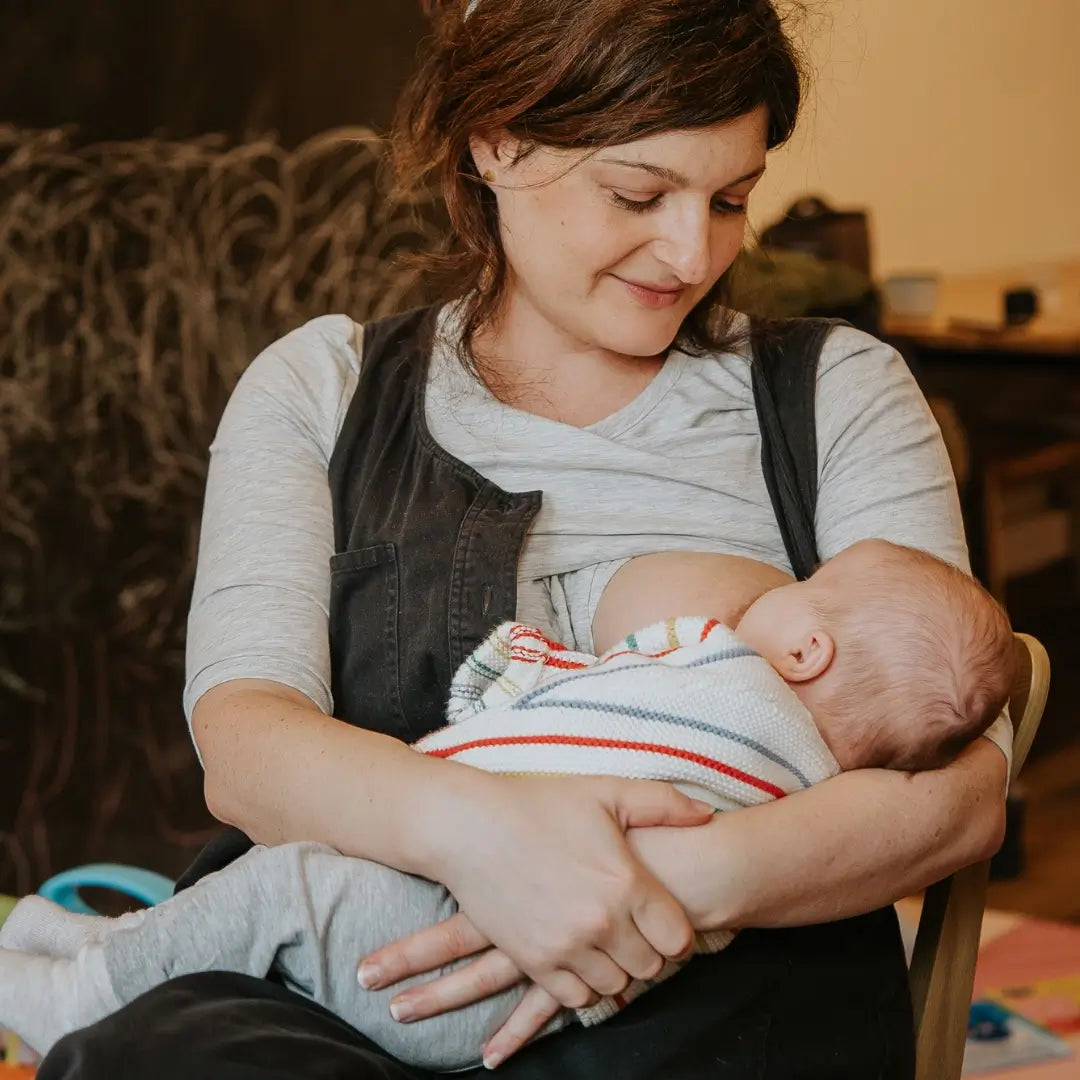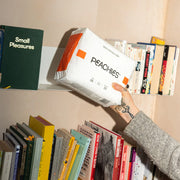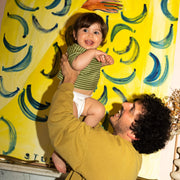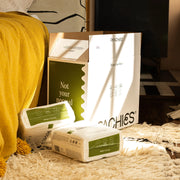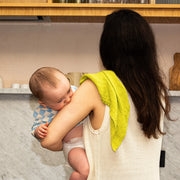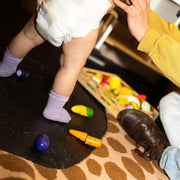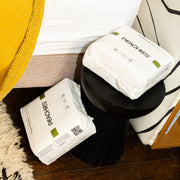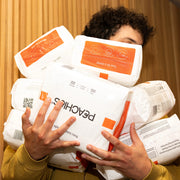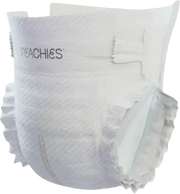That’s why Peachies and parenting advice and learning platform Babbu have teamed up to cover the basics of potty training. Over to you, Jane…
Potty training teaches your child to use the potty, which is the first step towards independent toilet usage. Learning to use the potty and toilet are significant developmental milestones for your child, and one we know you’re eager to celebrate.
Potty training requires patience and it might be difficult to know where to begin. With these techniques and your patience, your little one will soon be impressing you with their new potty skills!
1. Be prepared
Your child may appreciate a special shopping trip to select a potty or toilet training seat. You can also encourage and excite them with potty training by allowing them to select their own pants or knickers. You might prefer to purchase a travel potty built for use on the go.
2. Put the potty out
Before you begin potting training, put the potty out at home where your child can see it and become used to it. Allow your child to look at it and investigate it, and talk to them about how they can use it. They might want to sit on it fully dressed at first. You may like to place a few potties around the house to avoid a fast run up or down the stairs.
3. Talk about the toilet!
Now is the time to talk about the toilet and potty. Explaining everything about wees, poos, the potty, and the toilet to your child might help them comprehend the process better. They may already be showing an interest in learning more by accompanying you to the bathroom and observing what you do. Demonstrate how the flush works, and emphasise the importance of hand washing.
4. Are they prepared?
It's a good idea to start potty training just when your child shows symptoms of readiness. Rather than forcing them to perform something they may not be prepared for. Don't be too concerned if you begin potty training and it fails. Setbacks or regressions are common and expected. Keep their potty in plain sight, take a vacation from potty training, and try again in a few weeks.
5. Natural timing
Take advantage of your child's regular routine of going to the toilet at the same time every day, such as first thing in the morning. Keep their nappy on and advise they use the potty first thing in the morning, or if they tend to go after a meal, try then. You may also begin to recognise indicators that they are going to go and be able to encourage them onto the potty in time.
6. Hand washing
From the beginning of potty training, teach your child about hand washing and proper hygiene. If children don't like washing their hands, try singing songs to them and letting them play with the soap. It's a good idea to explain why it's vital to wash your hands after using the bathroom - to keep bugs and bacteria away.
7. Make it enjoyable
Learning to use and sit on the potty does not have to be a tedious task. It may be beneficial to talk to your child about anything in the bathroom or to read them books. Praise for your child's efforts will motivate them and is frequently accepted with enthusiasm.
8. Remain cool and patient
Using a potty is an entirely new skill for your little one. This is a huge step in gradually developing their independence, so give them time and go at their pace. When children are physically ready and want to be clean and dry, they learn to control their bladder and bowel.
9. Accept the inevitable
There will inevitably be minor mishaps and, sometimes, toilet training failures or regressions. Accept that acquiring a new skill, such as using the toilet, takes time and that practice makes perfect. Pack a change of clothes, as well as toilet paper or wipes, in a bag for when you go out and about, so you are prepared for any disasters.
10. Maintain a positive attitude
Maintain a positive attitude and assist in motivating your child. Praise them for attempting or performing well on the toilet. Most toddlers respond well to lots of praise and encouragement and are more likely to ask to use the potty or toilet on their own. A sticker chart or reward chart may also elicit enthusiastic responses from your child.
Potty training takes both your patience and your child's focus. Your toddler, like many other stages of child development, will learn to use the potty when they are ready.
About Babbu
Babbu is an online learning platform designed to support, reassure and empower parents and their children in the first critical few years. We have a simple but ambitious vision: a world in which no child is left behind. We provide tailored educational activities and content to support parents at home, with over 40 hours’ of bite-sized, engaging, videos, podcasts, blogs, activities, and songs. Over 1,000 fun, personalised activities delivered weekly for you and your little one, plus enjoy Montessori, Forest School and Mindfulness adventures each week!

